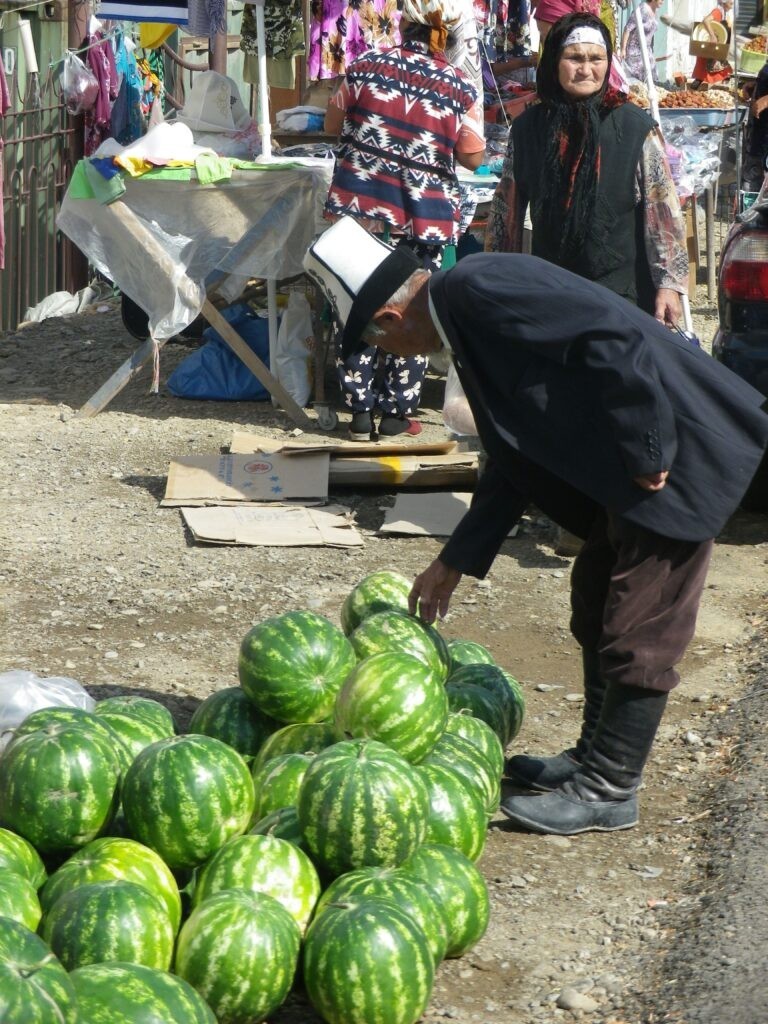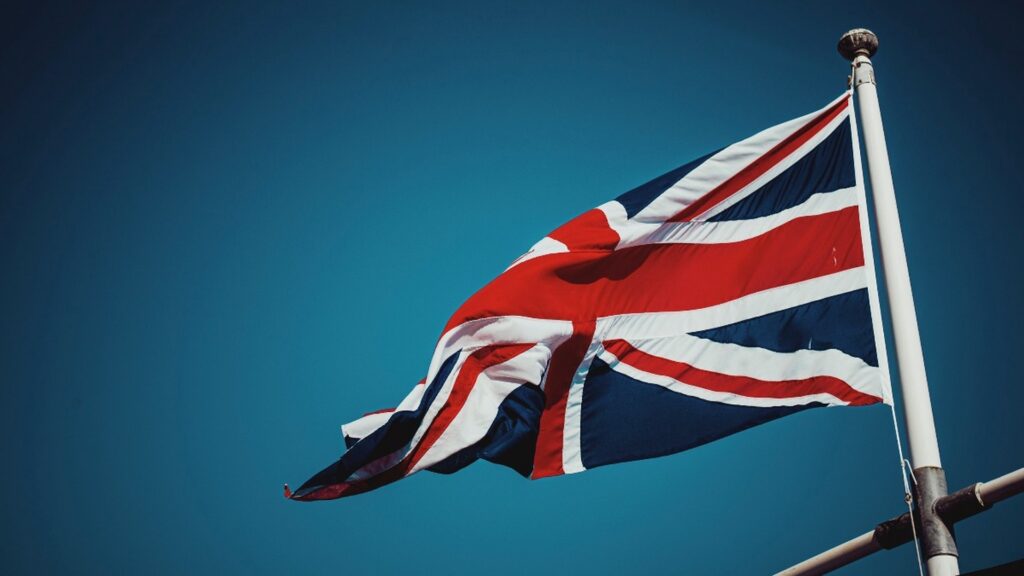Viewing results 391 - 396 of 398
According to the press service of the Ministry of Foreign Affairs, the Uzbek Foreign Ministry has called upon the Russian Ambassador, Oleg Malginov, expressing concern over the proposal made by Zakhar Prilepin, co-chairman of the Fair Russia – For Truth Party, regarding the Republic’s potential accession to the Russian Federation. The Uzbek Ministry emphasized that such a proposal is deliberately provocative and could have adverse effects on the relationship between the peoples of both countries. "During the meeting, the representative of Russia was informed in principle that in our country the statement of the co-chairman of the Fair Russia - For Truth Party, Zakhar Prilepin, at a conference at the Rossiya Segodnya press center regarding a proposal to annex the territory of Uzbekistan to Russia was received with a sense of deep concern," the statement says, noting that such thoughtless remarks by party leaders of a friendly country such as the Russian Federation do not correspond to the spirit of comprehensive strategic partnership and alliance between Uzbekistan and Russia. In turn, Malginov "with full responsibility" stated that Prilepin's remarks do not reflect the official position of the leadership of the Russian Federation "in relation to friendly and independent Uzbekistan." The Ambassador emphasized that the “sovereignty, independence and territorial integrity of the Republic of Uzbekistan have never been questioned." Malginov also noted that the Russian Foreign Ministry plans to comment on this incident in the near future. Prilepin has previously proposed the annexation of Uzbekistan and other territories of the former USSR to Russia, stating that "Since two million of your citizens are on our territory, we claim your territory. Because most of your people are here… Who will forbid us to do anything useful on the territory of the Eurasian territory after the parade in Kiev? No one," Prilepin has also said that he would continue to promote the topic of "disavowing documentation about the collapse of the Soviet Union." Deputies from Uzbekistan asked the Ministry of Foreign Affairs to send a letter warning about criminal liability for encroachments on the constitutional system of Uzbekistan.
Iran has lifted visa requirements for visitors from 33 countries, including Kyrgyzstan, Tajikistan, Uzbekistan, and Russia, in an attempt to attract visitors from across the globe and boost its sanctions-hit economy, Iranian news agencies report. Iranian Minister of Cultural Heritage, Tourism, and Handicrafts, Ezzatollah Zarghami, said the cancellation of the visa requirements was approved in a government meeting last week. “The government intends to open the country's doors to the world,” Zarghami told reporters after a cabinet meeting on December 13th. According to the Ministry of Tourism of Iran, the number of foreign visitors in Iran reached 4.4 million during the first eight months of the current Iranian year, which ends in March 2024, representing a 50%increase compared to the same period last year. The ministry expects six million foreign tourists to visit the country by the end of the year.
The Consulate General of Uzbekistan celebrated its official inauguration in Osh city, fostering economic, cultural, and humanitarian ties and offering support to Uzbek citizens in the region. The ceremony drew notable figures like Vice Mayor Nurbek Kadyrov, Presidential Representative Elchibek Zhantaev, and Ambassador Khurshid Mirzakhidov, emphasizing the consulate's role in advancing cooperation. Zafarbek Akhmedov, a seasoned diplomat previously overseeing the Consular and Legal Department at Uzbekistan's Ministry of Foreign Affairs, heads this mission at 54 years old. Established in 2022, the consulate, led by Akhmedov, serves Batken, Jalal-Abad, and Osh regions in Kyrgyzstan.
British authorities have recently imposed fresh sanctions targeting individuals and entities suspected of aiding the "Russian military apparatus," which notably includes Uzbekistan-based company Mvizion. This expanded sanctions list encompasses 46 entities linked to weapons production or the import of defense goods for Russia, comprising thirty foreign enterprises, among them those from Uzbekistan. A statement from UK authorities outlined, "Today's measures will prevent Putin from outfitting his military through intermediary supply chains in Belarus, China, Serbia, Turkey, the UAE, and Uzbekistan," citing Mvizion's role as an intermediary in supplying spare parts to Russia. Mvizion had previously been sanctioned by the United States in November, linked by the US Department of Commerce to drone production for the Russian armed forces. The Unified State Register of Enterprises and Organizations shows Mvizion's registration on June 14, 2022, with its primary activity listed as the "wholesale of electronic and telecommunication equipment and related spare parts." Igor Nikolaevich Ievlev is identified as the sole founder and director. David O'Sullivan, the EU Special Envoy for Sanctions, addressed Uzbekistan's efforts to counter the re-export of European goods under sanctions to Russia, emphasizing the significance of economic diversification for the country. "We do not intend to disrupt Uzbekistan's traditional trade relations," he emphasized.
The Tashkent based Europe-Uzbekistan Association for Economic Cooperation (EUROUZ) was officially launched on December 5th. Speaking at the inauguration event, Charlotte Adriaen, the EU Ambassador to Uzbekistan, said that the EU has been supporting the establishment of a Europe-Uzbekistan business association for years. “We believe that the inclusion of EUROUZ in the worldwide European Business Organizations network will encourage more business exchanges between Europe and Uzbekistan, and in turn strengthen our partnership,” Adriaen said, noting that the EU supports the ambitious path of reforms Uzbekistan has embarked on, and will continue to assist the country with all tools, one of which is GSP+ (the EU's Generalised Scheme of Preferences). The ambassador also presented areas of opportunity for Uzbekistan’s exporters to improve their access to the EU market. “As we anticipate growth in the production of machinery, automotive, hi-tech goods and medical equipment, the demand will increase for various electronic sub-components and metal parts,” she said. “Moreover, as both the EU and Uzbekistan are transitioning to a greener economy, there is another sector of opportunity that could further boost exports from Uzbekistan to the EU, including supplies of critical raw materials.” The EU ambassador added that 2024 will be a year marked by high-level visits, including the first ever EU-Central Asia Summit, which is planned to be hosted in Uzbekistan.
The European Union has decided to extend the validity of the General System of Preferences Plus (GSP+) for beneficiary countries, including Uzbekistan, for the next four years until December 31st 2027. This decision gives serious impetus to the development of Uzbekistan's private sector, providing easier access to the European market, stimulating closer cooperation between European and Uzbek companies, and leading to significant savings at borders. As a result of the measures taken to strengthen trade relations with the EU and expand the global geography of Uzbekistan's exports by the end of 2022, 628 enterprises (an increase of 116 on the corresponding period in 2021) were exporting local products to European markets in the amount of U$647-million. This is more than double the $292-million figure recorded in 2020. In particular, within the framework of the GSP+ textile industry products worth $177.4-million were exported to the EU markets (an increase of 126.4% compared to 2021), agriculture and food industry products totaled $19.7-million (a 103% increase), the electrical industry recorded $9-million (a 117% increase), whilst the chemical industry totaled $138.3-million (a 4.7-times expansion). In 2022, thanks to GSP+, Uzbek exporters saved $30.65-million in duties, thus signaling a major contribution by the EU to the development of the private sector in Uzbekistan. Over the period from 2019 to 2022, EU investment in the private sector in Uzbekistan has grown more than tenfold.






